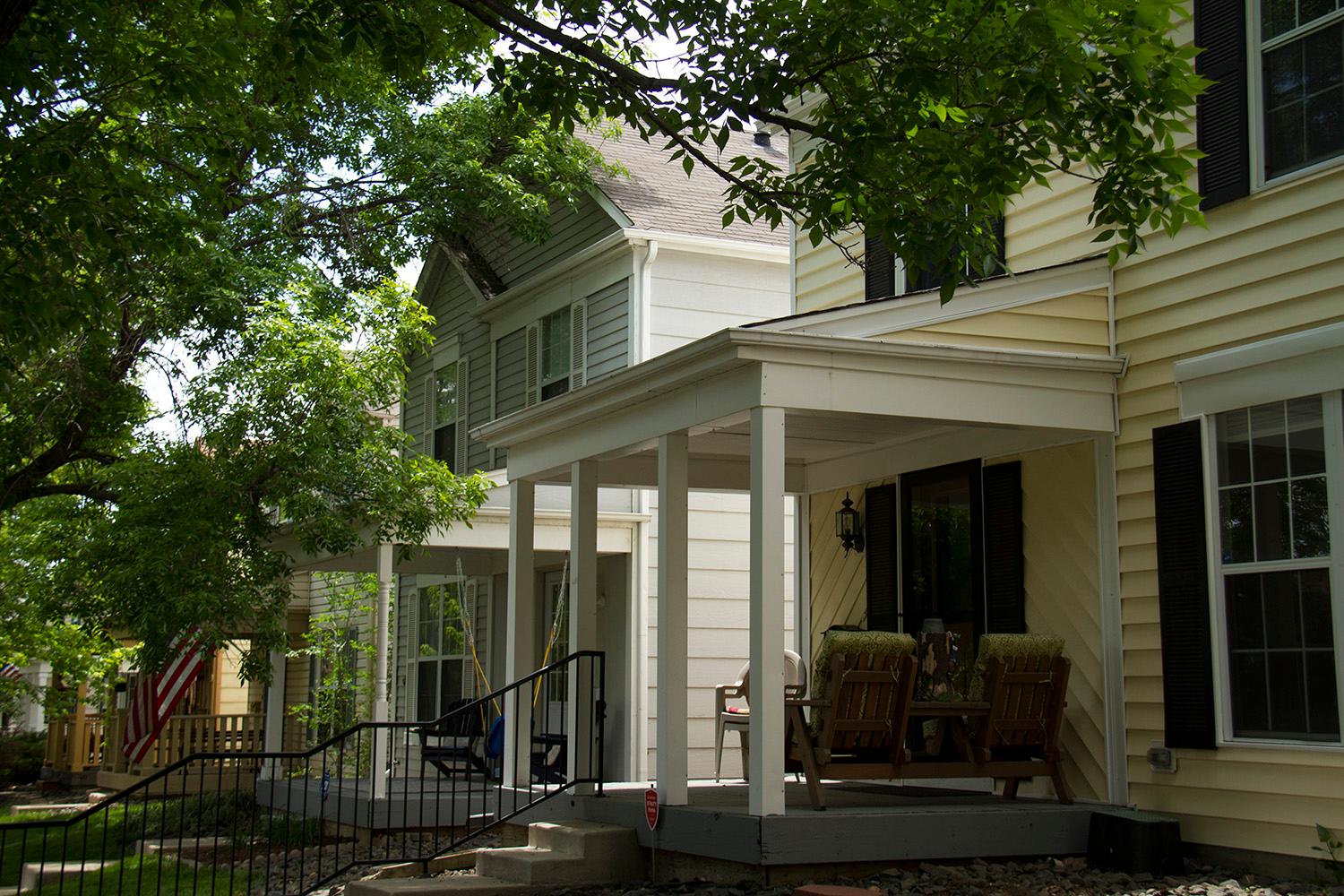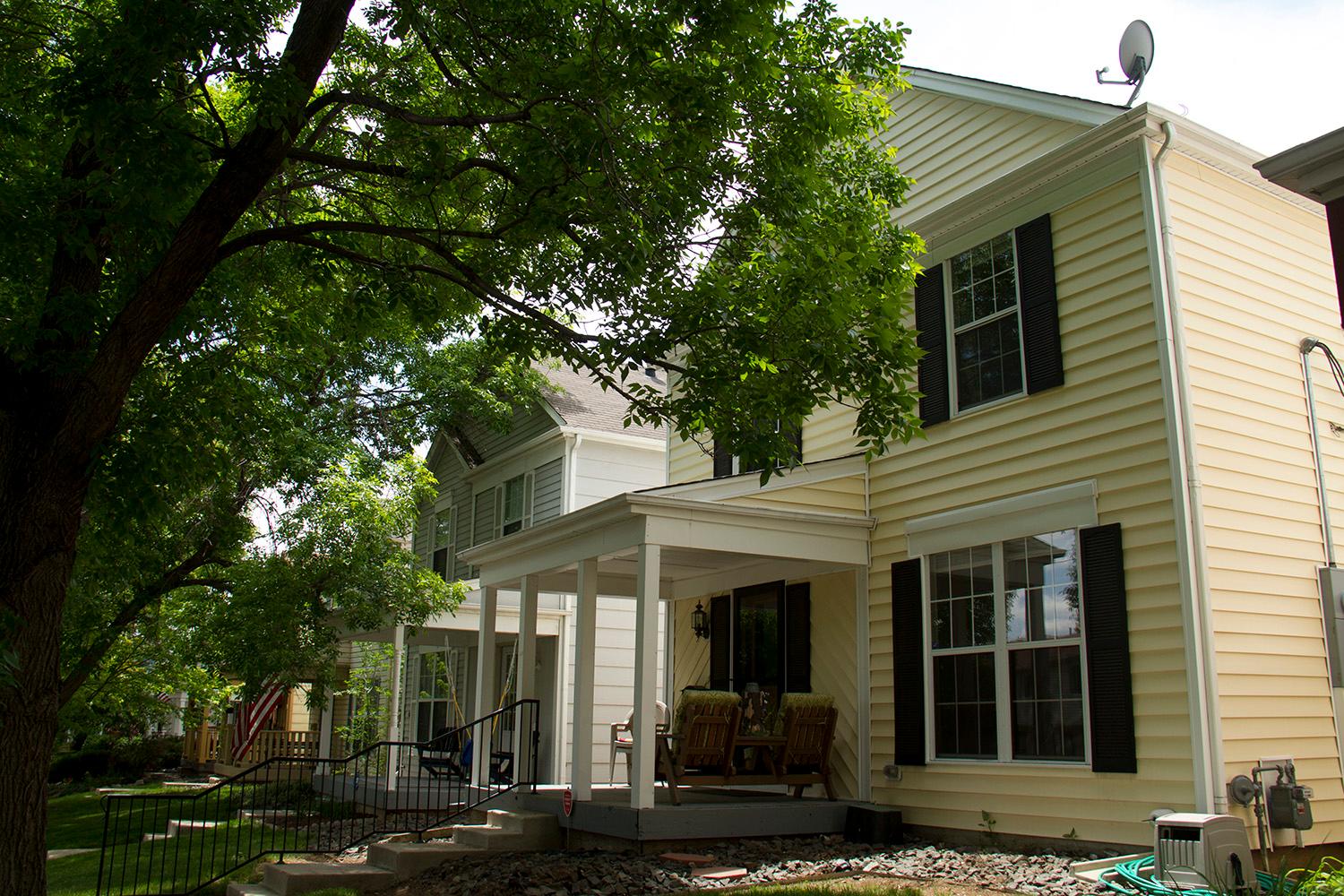
The Washington Post's Wonkblog says building affordable housing doesn't make financial sense without public subsidies. Of course, it's not quite that simple.
Wonkblog was using a housing calculator from the Urban Institute and National Housing Conference that looked at the financials from a number of housing projects in Denver.
The calculator treats Denver as a proxy for the nation, and it makes building affordable housing sound super unlikely. The calculator says even if you could build a building for free, the lower rent from "extremely-low income renters" wouldn't cover the costs of building in the first place.
But as City Observatory reported, there are a ton of these housing calculators, each with their own assumptions.
"Like all models, each is only as good as the assumptions that it’s based on," writes Joe Cortright.
Cortright notes that the Urban Institute's calculator sends a very different message than one from Cornerstone Partnership:
"CityLab summarized the model’s conclusions as: 'A new tool shows that developers can profit by building affordable housing almost anywhere.' In contrast, the authors of the Urban Institute’s model essentially say that it’s unprofitable to build any amount of affordable housing without substantial subsidies."
These models may get a real-world test of sorts as Denver moves forward with its affordable housing initiative. The city hopes to "build or preserve" 6,000 affordable units over the next 10 years using an $155 million fund raised by new fees on development and property tax increases.
This is in a market where some 80,000 households are rent-burdened. Mayor Michael Hancock has said the city's contributions were never meant to meet the entire need but should encourage the private sector to build more affordable housing. We'll see what happens.












